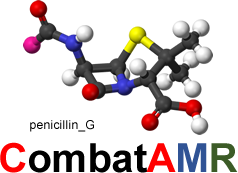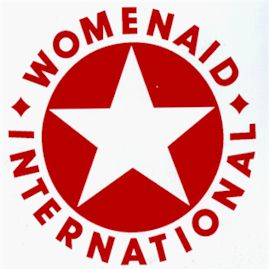DEVELOPMENT ASSISTANCE
Pida Ripley’s involvement in development projects began as a teenager in the Far East where she volunteered to assist in running ‘mother and baby’ clinics in kampongs. She believes work on reducing poverty and powerless of millions of women around the world is not a women’s issue but is central to sustainable economic and social development of the global community. Supporting heroic women who face a daily struggle for survival and working in partnership with grass roots organisations helps improve the lives of women and their families.
In 1987 Pida Ripley established the first UK charity to specifically focus on developing awareness of the appalling status of women globally, raise project funding for development, empowerment and humanitarian aid for women and children in crisis and promote the work of the United Nations.

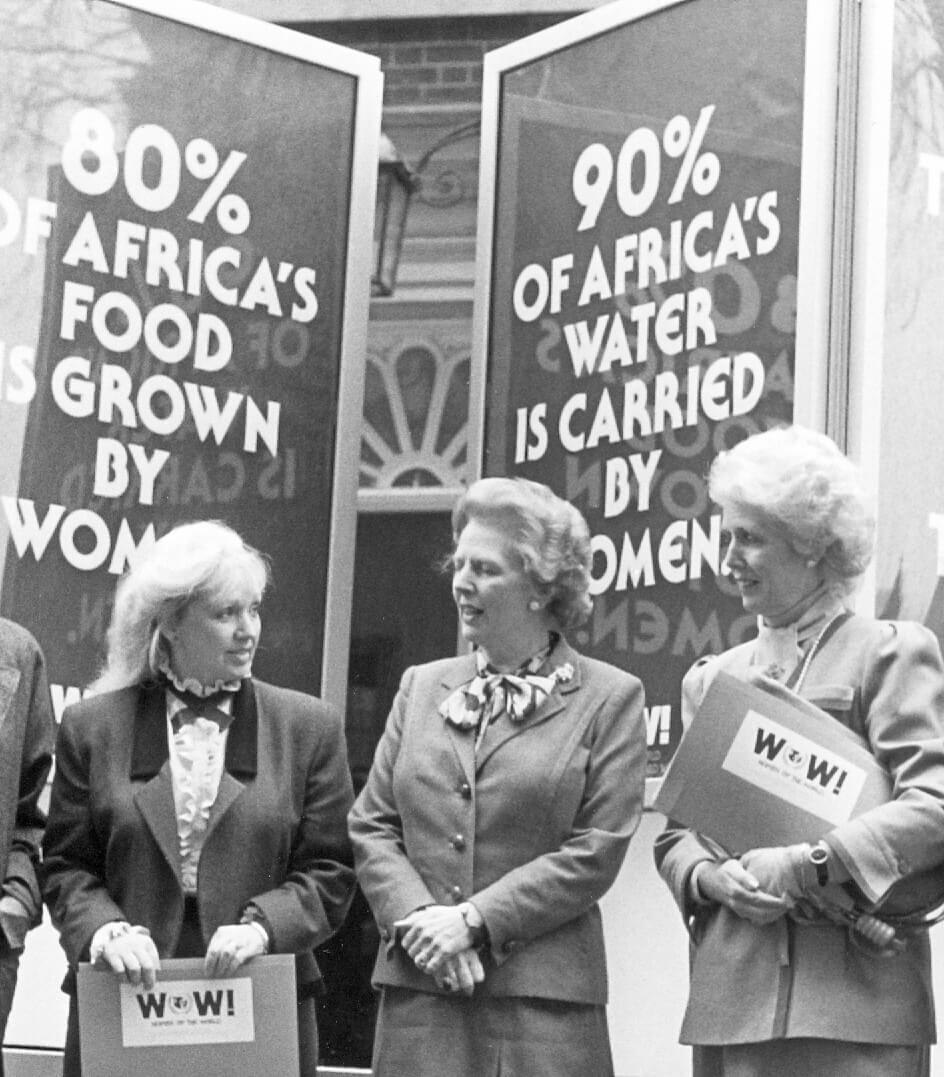
Baroness Falkender, 10 Downing St
In her role as founder and voluntary director of WomenAid, many voluntary fundraising initiatives were undertaken, enabling WomenAid, supported by teams of dedicated volunteers and interns from many countries, to provide financial support for microcredit, health, environmental and other development related projects in many countries including Kenya, Uganda, Brazil, Guatemala, Peru, India, Pakistan, Bosnia, Croatia, Armenia, and Georgia.
The WomenAid "Women of the World" (WOW) campaign was launched by the Prime Minister, Mrs Thatcher at Number 10, Downing Street. Joint funding of some projects was received from the Overseas Development Administration (ODA) and UN agencies.
“One of the greatest challenges we face in overseas development is to find ways to bring women fully into economic and social life. WomenAid is addressing both immediate, emergency relief needs and longer-term development aims.
It is drawing attention to the role of women as producers and resource managers, seeking to help them in this and doing so in environmentally sound ways.”
Christopher Patten, M.P. Minister of Overseas Development
What is so different with WomenAid is that it is not just talk about the problem but the provision on challenge of the real basic tools that even the poorest of the poor can use to uplift themselves.
Bannabikiira, Daughters of Mary, Uganda
Rain Harvesting Project Lake Victoria, Kenya
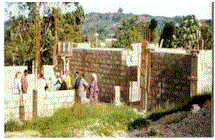
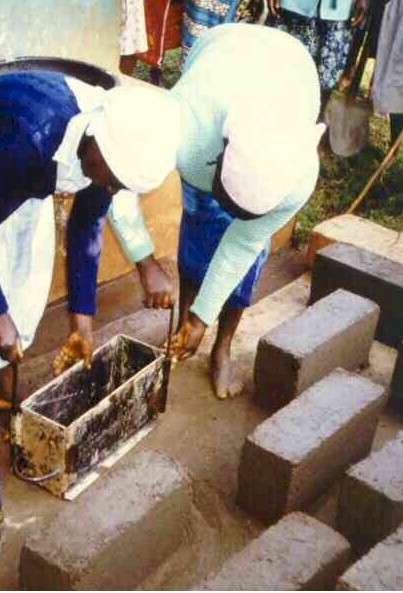
brickmaking
A three year WomenAid funded project in partnership with the Kenya Water for Health Organisation (KWAHO) involved Kenyan women’s groups who were living in villages around Lake Victoria - an area that receives frequent heavy rainfall.
The women were helped to set up ‘rain harvesting’ mechanisms and improve water security in their villages.
Once they had established plentiful water supplies, the women were taught how to improve sanitation and hygiene. Then they learned how to make bricks and how to build latrines and school rooms in their villages.
"Without WomenAid's support, our lives would have come to an end. We are now new mothers, wives and neighbours. Bravo WomenAid! God Bless you." Maji Safi' women’s group, Kenya
“You impressed me with your energy, love and commitment for the people you are serving”.
Margaret Mwangola, Executive Director, Kenya Water for Health Organisation (KWAHO), Nairobi. 1987
Mothers of the Earth


WomenAid, through its Mothers of the Earth campaign promoted environmental awareness of the centrality of women as resource managers and was an early partner with Wangari Maathai and the Green Belt Movement, Kenya, channelling substantial funds in support of the programme.
Wangari’s initiative, which later received further global recognition, both reduces the effects of deforestation and provides a forum for women to be creative and effective leaders.
WomenAid International’s campaign to promote women as resource managers also involved support for the Green Belt movement received recognition in the UNEP 500 Global Awards.
https://www.global500.org/index.php/thelaureates/prominent-laureates
https://www.global500.org/
Green Belt Movement Partnership
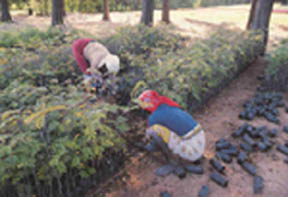
Working with the Green Belt Movement gives women the ability to change their environment and make their own decisions. The movement also involves the transfer of technology from experts to the people, turning small scale farmers into agro-foresters. It helps raise public awareness of issues related to environment and development and meetings related to tree planting activities encompass discussions on the relationships between food, population and energy.
The promotion of a positive image of women was one of the most important goals of the National Council of Women, Kenya (NCWK) and the Green Belt Movement.
Involving women as equal participants and developers of the Green Belts leads to a positive self-image for women, and consequently provides models of significant female achievement. Trained to properly plant and cultivate seedlings, women both assist in reforestation and generate a source of income for themselves. Read more http://www.womenaid.org/pressmain.htm
“A word of thanks to you, for your efforts in WomenAid programmes and your special attachment to our country.”
Kenya High Commission London: 12.08.1988 (61)
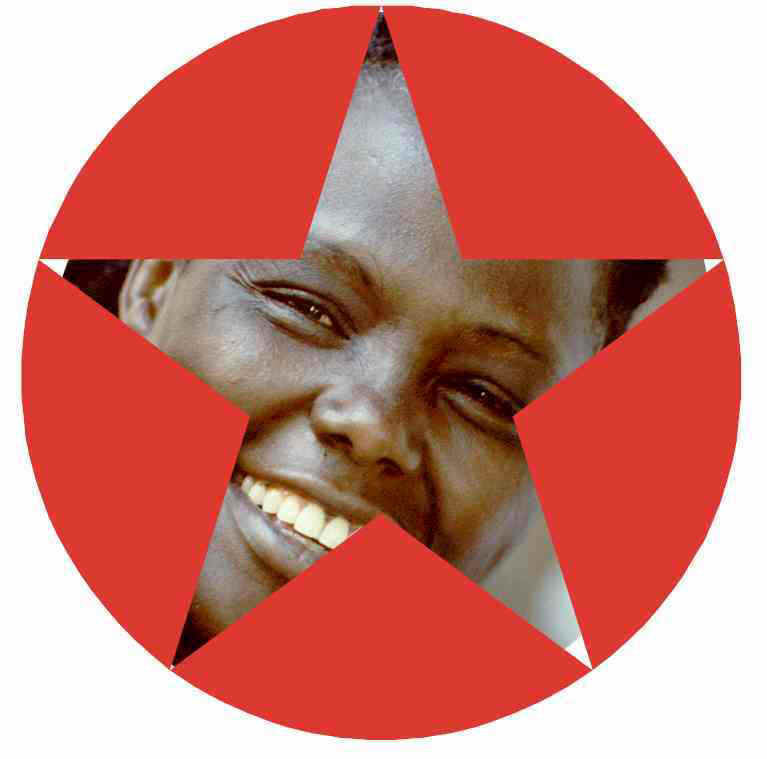
To further promote the Green Belt Movement and provide some protection to the organisation and Wangari Maathai, a WomenAid Women of the World Award was presented to Professor Wangari Maathai by HRH The Princess of Wales in London. Wangari later wrote (Unbowed One Woman’s Story) this ‘brought international attention to our efforts as well as making news at home - and helped protect her from increasing criticism and threats she from the then Kenyan government.’ Global promotion led to an increase in financial support.’
Microcredit Support
One of the best forms of support for the poor is giving them direct opportunities through micro-credit programmes to work for themselves. WomenAid teamed up with Trickle Up Programme (TUP) to channel small grants to entrepreneurial women with big ideas. By providing seed capital and simple business training to entrepreneurial women, many families escape the abject poverty and are given the chance to realise their dream.
If you are poor, you are disadvantaged. But if you are poor and also a woman, you are doubly disadvantaged!"
Professor Muhammed Yunus, Founder of the Grameen Bank.
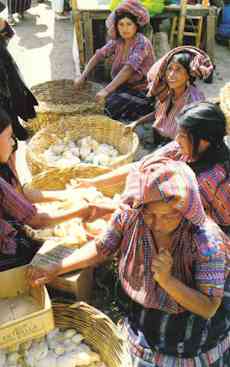
Women are the under-utilised key to accomplishing the goals of development. When given appropriate help, Third World women improve their lives. Often women and their families have excellent ideas and good skills but have no access to money to start their business ventures.
WomenAid believes the best support for the poor is to give them the opportunity to work for themselves. Some direct results? An increase in school attendance, improvement in health, housing, nutrition, and of course happiness as the participants become more self-reliant.
“Your gift to Trickle Up helped begin or expand 6,720 businesses: 2,295 of them in Africa; 2964 in Asia: 1440 in the Americas, including 108 in the United States and 21 in Eastern Europe. These figures, by our reckoning, mean that the lives of at least 35,000 people changed dramatically in 1996….I write to you, our generous donor, to say thank you.”
S Habachy, Executive Director, Trickle UP Program New York. 18.02.1996
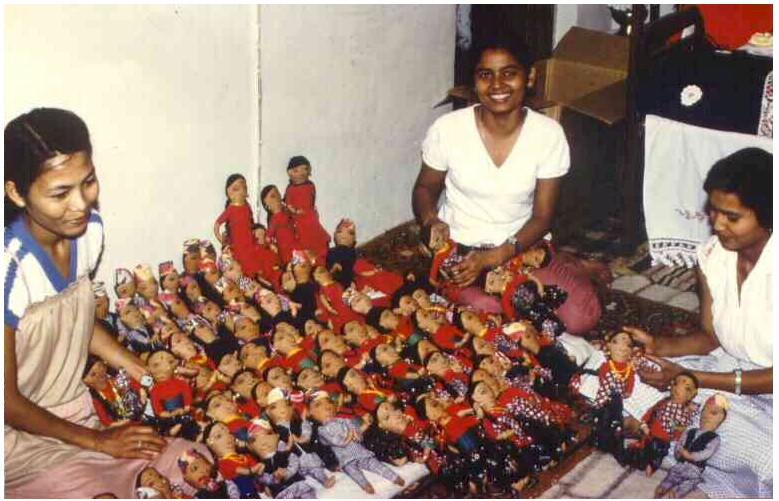
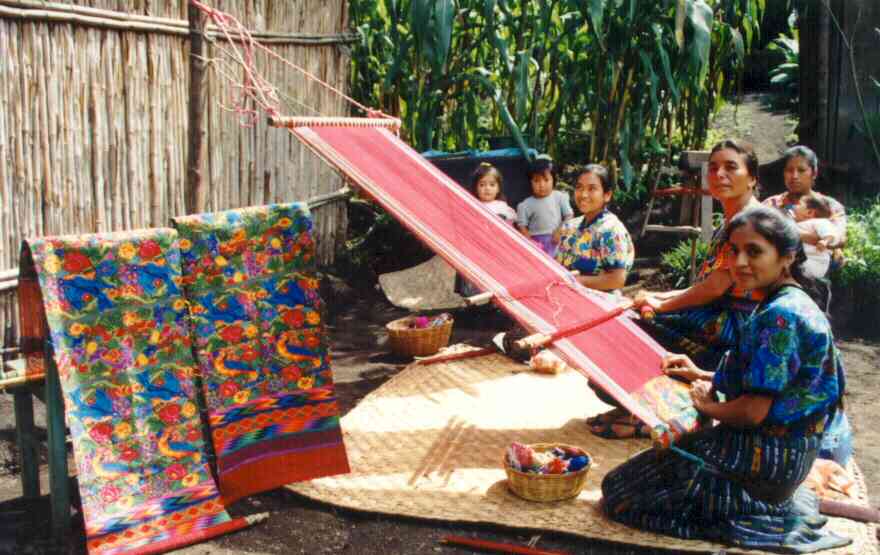
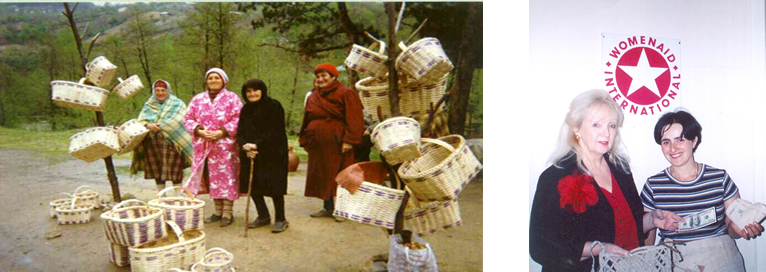
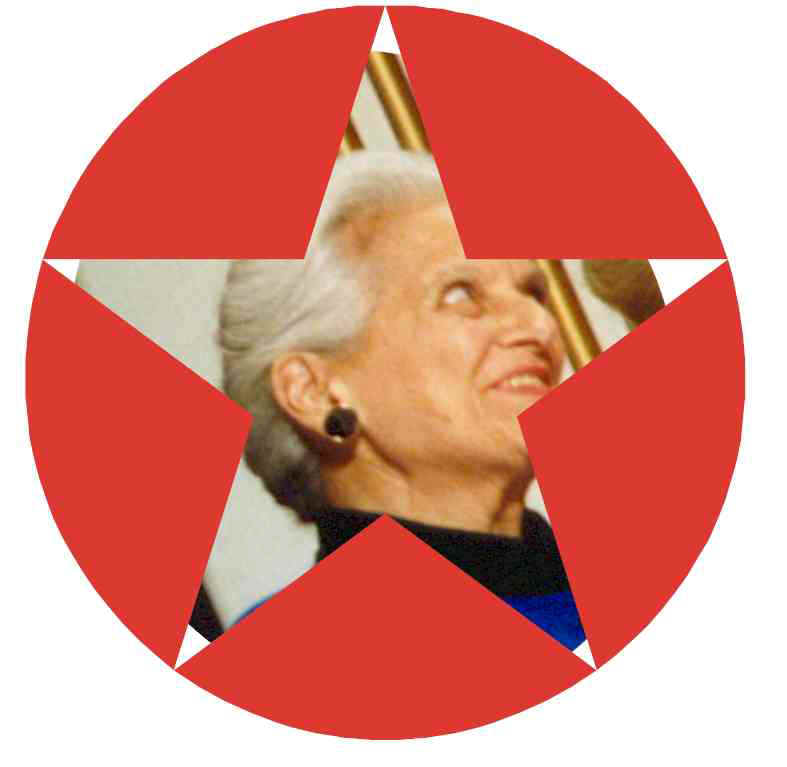
A WomenAid Women of the World Global Award was presented to Mildred Robbins Leet, the co-founder and director of the award-winning Trickle-Up Programme which has been an outstanding development Microcredit success. The programme provides $100 grants to poor people who are budding entrepreneurs. The award further promoted the Trickle-Up Programme and led to substantial additional donor funding.
"EVERYONE, NO MATTER HOW DOWNTRODDEN, DREAMS OF A BETTER LIFE,
AND WILL WORK LIKE A CHAMPION FOR IT, IF GIVEN THE OPPORTUNITY"
Glen & Mildred Leet, Founders of The Trickle Up Programme
STRENGTHENING NATIONAL INFRASTRUCTURE
WomenAid International undertook emergency repairs in 32 schools and 22 hospitals throughout Armenia.
"The Republic of Armenia, Ministry of Health, expresses its gratitude to WomenAid International for carrying out the Hospitals Repair Programme during these difficult times in Armenia. I know this programme is the only one of its kind in Armenia on such a scale being implemented by humanitarian organisations. I should like to remark the short time scale of the programme within which the workers managed to do the repair construction works at a highly professional level."
Deputy Minister Health, G Shmavonian.



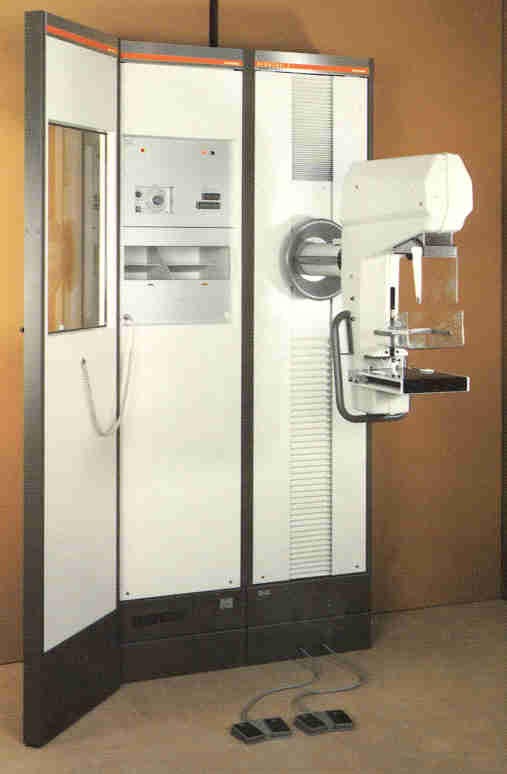
equipment in Pakistan
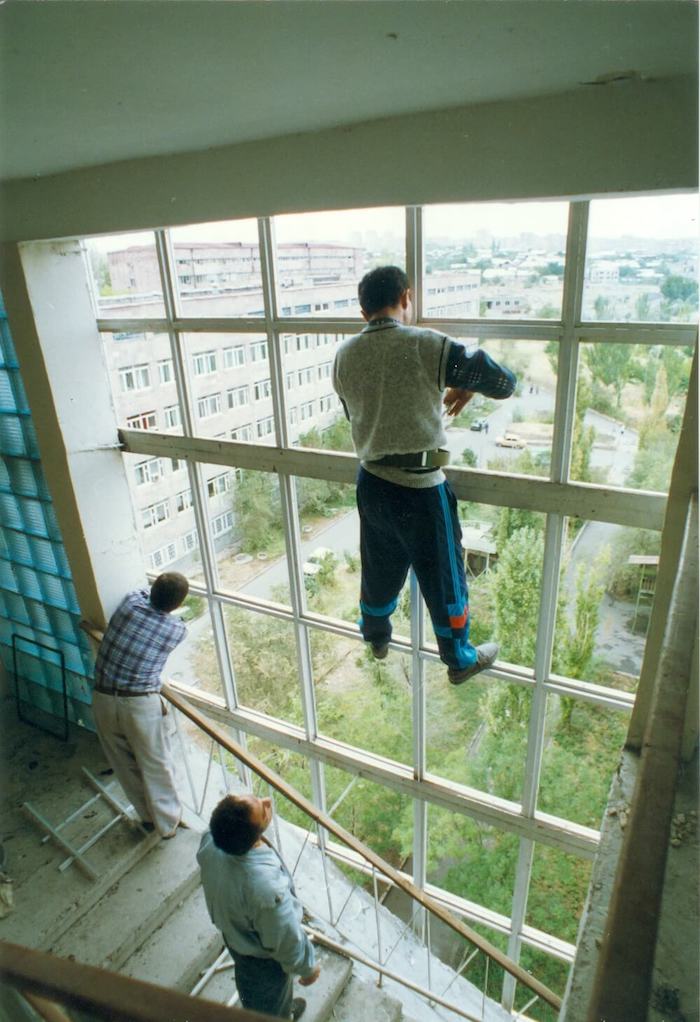
Pakistan: Responding to an urgent plea for help sourcing a mammography machine, after months of negotiation, WomenAid sourced and transported to Karachi, a Siemans Mammomat B machine - the first mammography machine for women in Pakistan.
“Kindly accept our deep appreciation for this invaluable contribution made by your organization for the benefit of millions of Pakistani women who are certainly going to benefit from it.
I will also like to thank you on behalf of the President, the volunteers and staff of FPAP and on my own behalf for this humanitarian gesture.
Prof. Laeeq Ahmad Khan, CEO Family Planning Association of Pakistan. 21.07.1994
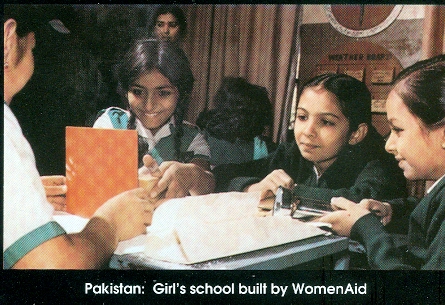
WomenAid, in partnership with AKF, funded the building of schools for girls in Chitral, Northern Pakistan.
UNHCR Community Water Supply Rehabilitation Vardenis, Lake Sevan, Armenia
Partners: UNHCR, Catholic Relief Society, WAI, Ministry Refugees & IDPs. Programme value: USD 92,434
As a development partner of the UN High Commissioner for Refugees, (UNHCR), WomenAid International, working with refugees in remote regions of Armenia bordering Azerbaijan, sourced natural springs, installed drinking water pipes, irrigation networks and water reservoirs in villages occupied by refugees and IDPs.
"Upon review of the projects for Daranak and Tsapatagh for community Water Supply Rehabilitation, The Project Review Committee from CRS/UNHCR has approved its funding. The Committee was particularly impressed with the presentation and thorough documentation.” (Installation 7.5 km drinking water pipes)."
Thomas Wimber, Grants Manager. CRS Armenia. 12.08.1996
